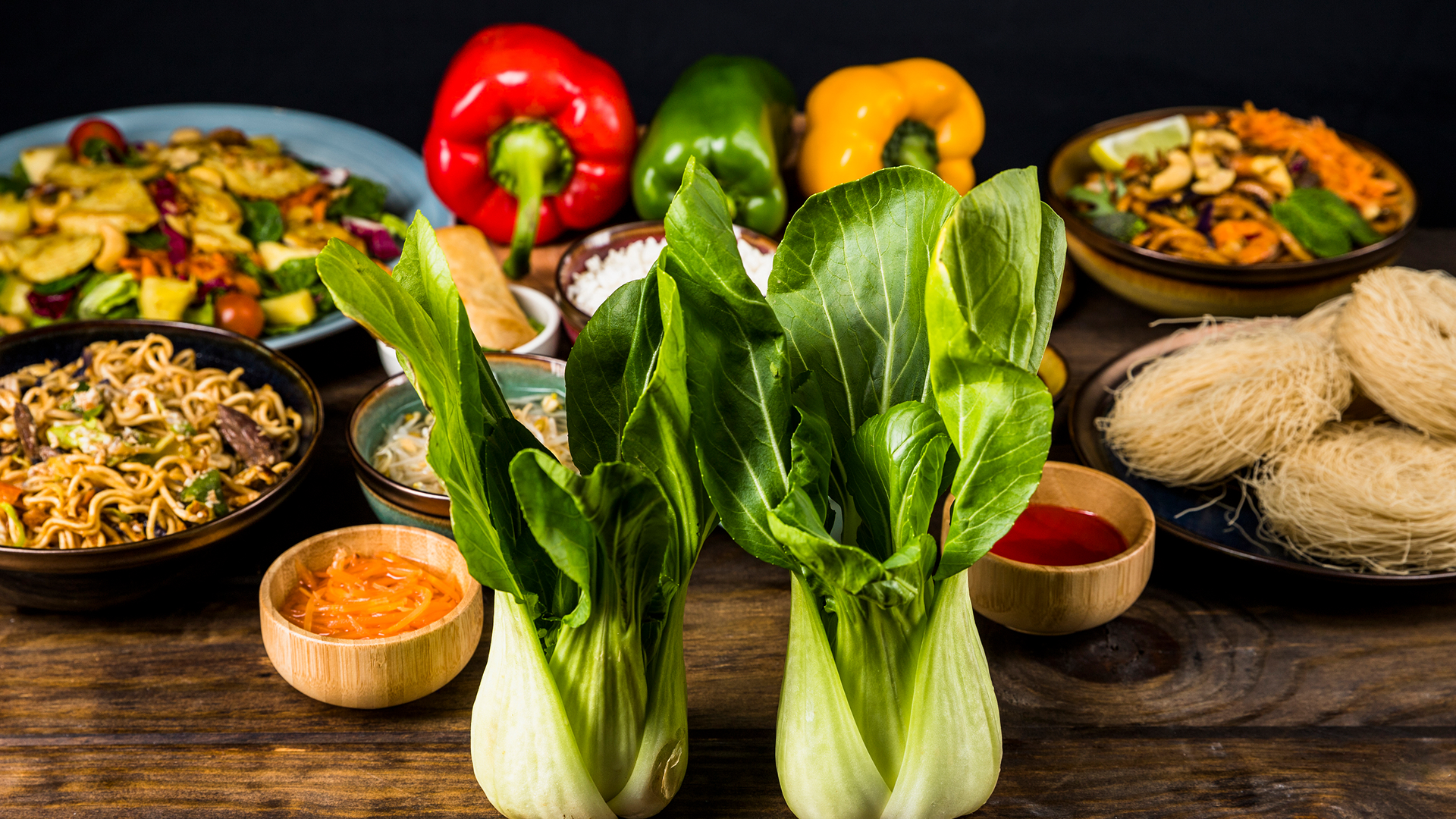

Innovation, safety, and nutrition are not optional at this critical juncture in India's food history; they are essential to building healthier communities. The Eat Right Food Summit 2025 in Chandigarh and the Food Safety Summit 2024 in New Delhi brought together leaders from government, business, academia, and civil society to rethink the nation's approach to food systems.
Both summits, which were sponsored by Herbalife and the Food Safety and Standards Authority of India (FSSAI), showed a growing recognition that collaboration, creativity, and consumer empowerment are essential to the food industry's future.
The 6th Eat Right Food Summit, which took place at the Hyatt Centric in Chandigarh, was a lively gathering of thought and action. The event highlighted how behavioural change is essential to healthier eating habits, with Shri Gulab Chand Kataria, the Governor of Punjab and Administrator of UT Chandigarh, leading the opening.
The idea that eating well isn't just about policy but also about making healthy choices accessible, pleasurable, and inclusive was celebrated through interactive sessions, live culinary demonstrations by Chef Vikas Chawla, and initiatives driven by inclusivity.
In order to demonstrate how entrepreneurship can support national health objectives, the summit also highlighted sustainable wellness models and startup innovations. Herbalife's dedication to training initiatives and a balanced diet further demonstrated the value of public-private partnerships in bringing about meaningful change.
The Food Safety Summit 2024 was held by The Red Carpet Ventures (TRCV) in New Delhi in which they offered a forum for innovative thinking that surpassed food safety regulations. Through conversation topics expanded into mental health, wellbeing at work, and the impact of technology on the food industry. Additionally key sessions addressed topics such as Mindful Eating at Work wherein they hope to establish countries for nutrition and productivity at work.
The takeaway? Promoting a culture of healthier eating requires collaboration and collective accountability.
Though the two summits were focused on different areas, they both were expressing a common vision: a future where the well-being of a nation is driven by empowered communities, safe food systems, and healthy choices.
These platforms demonstrated that food is much more than the energy of survival; food is a platform for social justice, an opportunity for economic growth, and ultimately a tool, and a means for sustainable health by bringing experts and innovators together. Herbalife's leadership said that it is duty to promote nutrition as much as it is a goal.
Through AI-led food safety systems and behaviour change initiatives, the nation of India will slowly change their culture so eating healthy becomes a social norm not a challenge.
The summits are not being presented as a conclusion to the dialogues that began in Chandigarh and New Delhi. They are push for the governments, the companies and the individuals to lead a healthier lifestyle, inspire creative thought, and develop a safer, more sustainable food future.